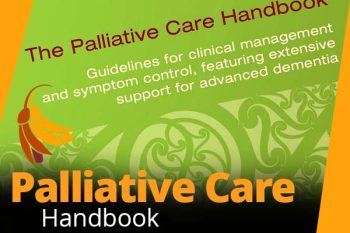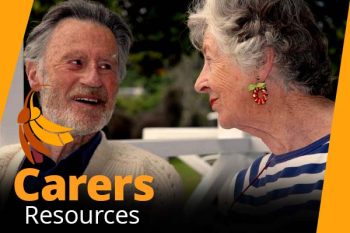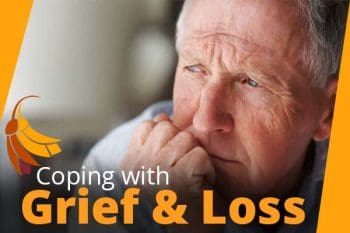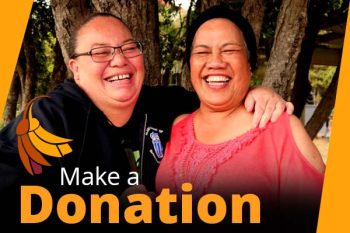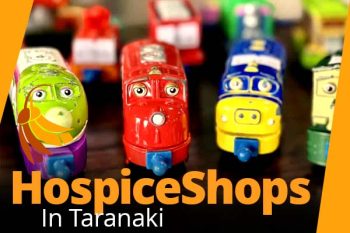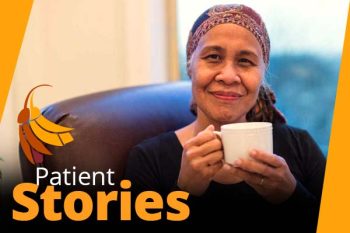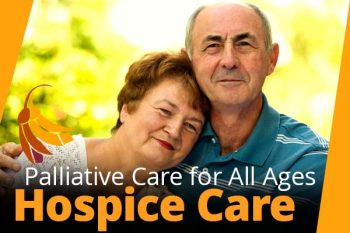Gwen Holloway has no idea how long she still has to live but is content that she has stored important information for her family and carers for when the time comes.
In her fridge she has placed a small cylinder which has two copies of her end of life plan for her loved ones and caregivers so no one is left second guessing what her wishes may be.
Gwen has metastatic cancer in her bones and lungs as a result of breast cancer 11 years ago. She says during one of her stays in Te Rangimarie her nurse Sharon suggested she talk to her family and write down her decisions on her end of life care and for any emergencies that may occur. Sharon then helped her write down her responses to a series of questions provided on an Advance Care Planning and Plan of Care for Emergencies form.
She’s now content the discussions have been held with her only daughter, Janet Pepperell, and husband, Roy Holloway, now 91 years old. The couple have been together 68 years and moved to New Zealand a few years after the end of World War II when New Zealand was crying out for skilled workers.
“I agree you’ve got to come out and be honest about what you want”, Gwen says. “I feel personally that I’m now 88 years old and I’ve had a good innings and I have a lovely family including two beautiful great grandchildren. A lot of people can’t say that.”
“If it comes to that I don’t want to be revived. It’s kinder to everyone. And if possible I would prefer to die at home and go out with a lot of decency”.
Janet, who has moved into her parents’ Waitara home to help her mum and dad is grateful the hospice prompted the family chat about her mum’s end of life wishes. The conversation was all the more important because the extended family, including the grandchildren, have never experienced the death of a family member, Janet says.
“We have never had death hit us in the face yet. We hadn’t worked anything out. We all need to organise these things and answer questions, such as whether to want to be cremated or buried”, Janet says.
Her mother had also told her important day to day information about her dad’s needs.
“If Mum goes first I would have had no idea about things like what food he likes”.
More information is available on the website advancecareplanning.org.nz. The website explains that advance care planning gives everyone a chance to say what’s important to them.
“It helps people understand what the future may hold and to say what treatment they would and would not want. It helps people, their families and their healthcare teams plan for future and end of life care. This makes it much easier for families and healthcare providers to know what the person would want – particularly if they can no longer speak for themselves” the website says.
A national awareness day for Advance Care Planning called Conversations that Count was held on April 5.
